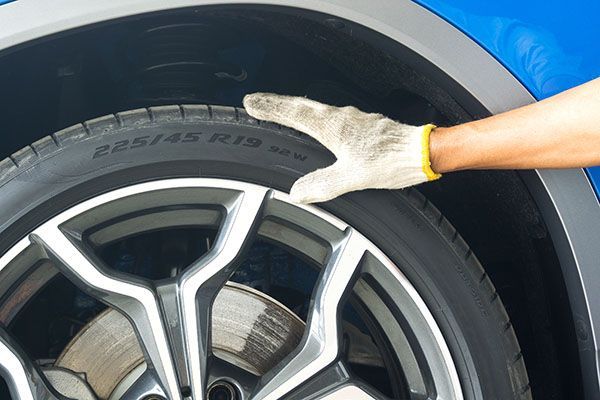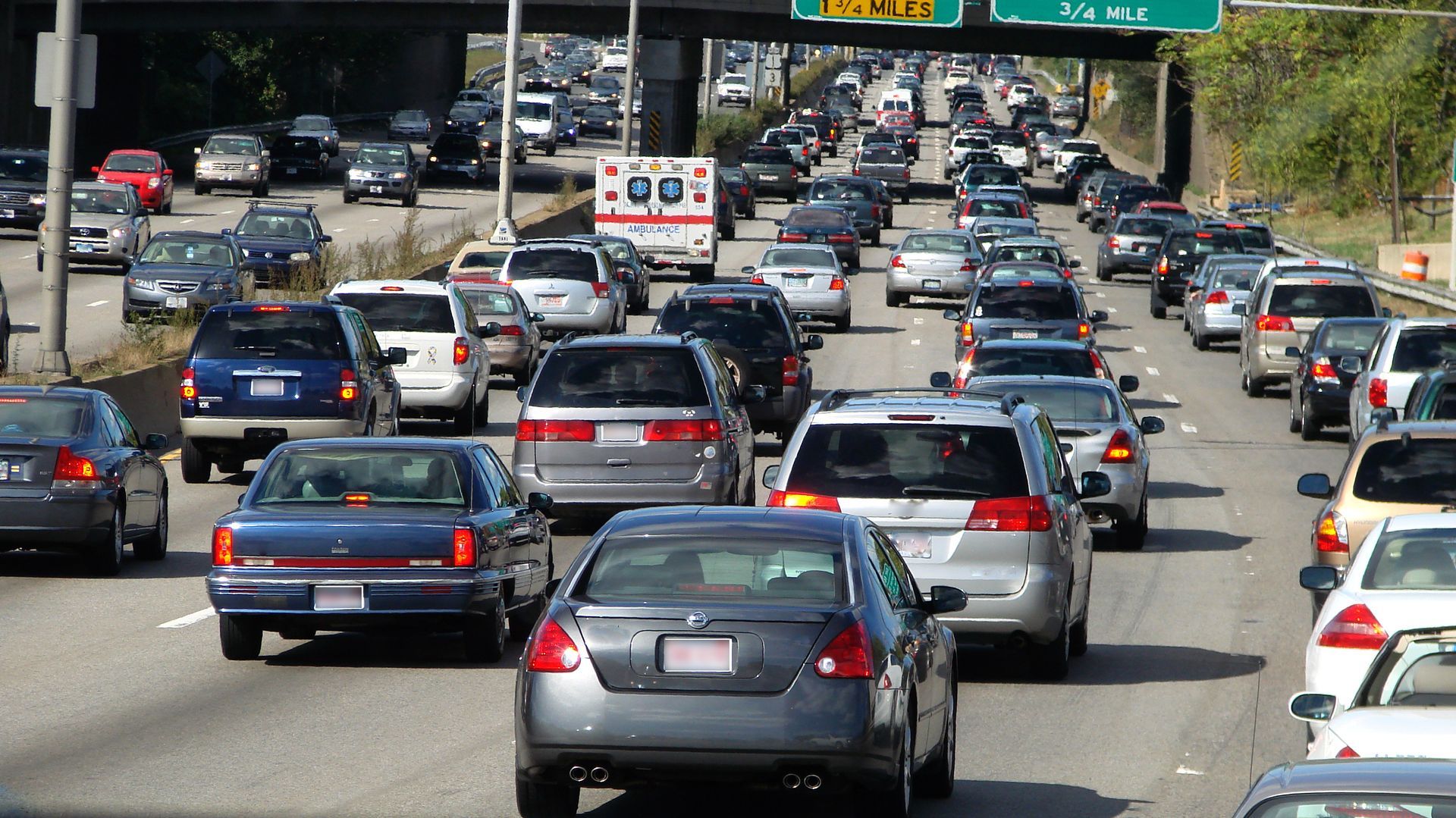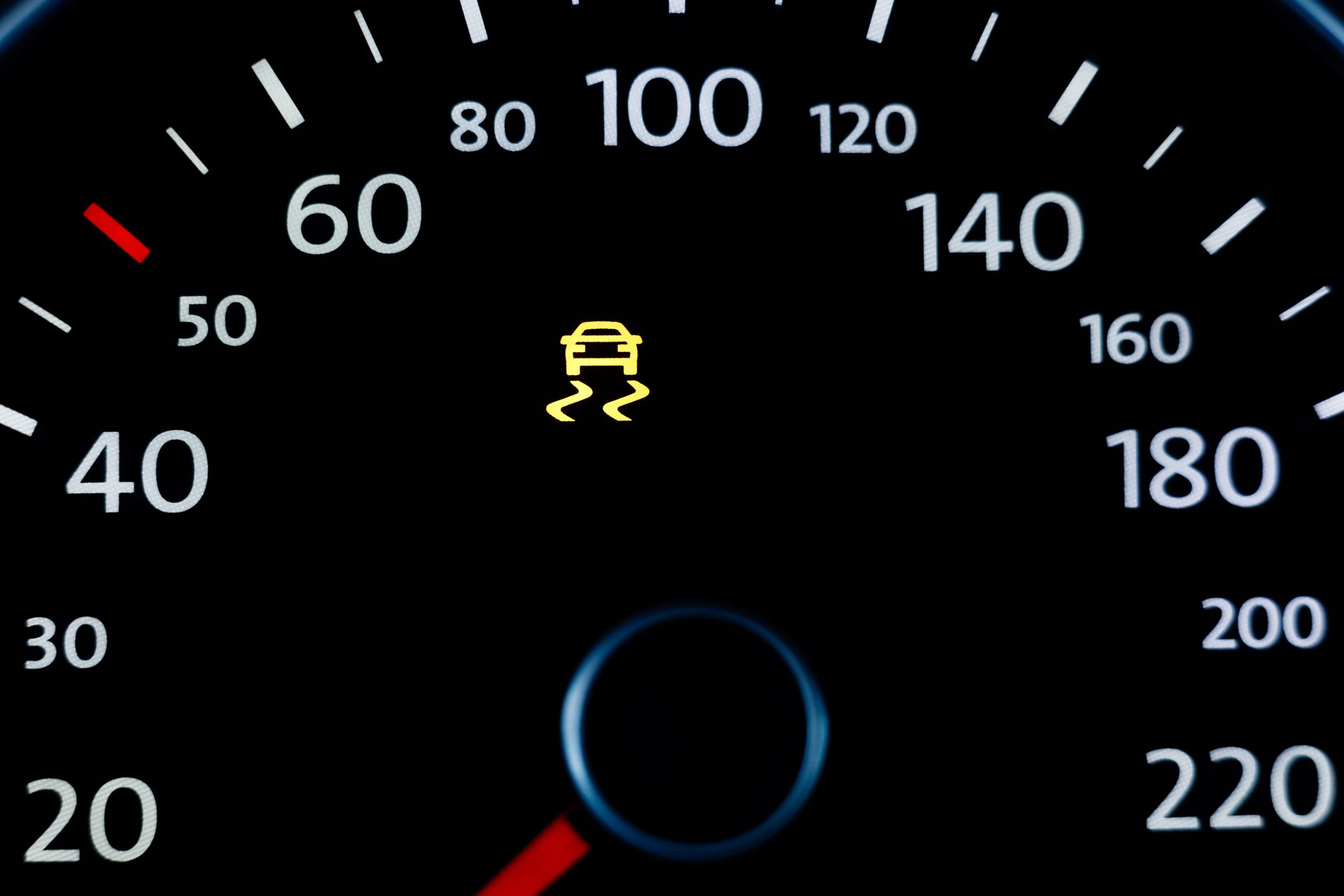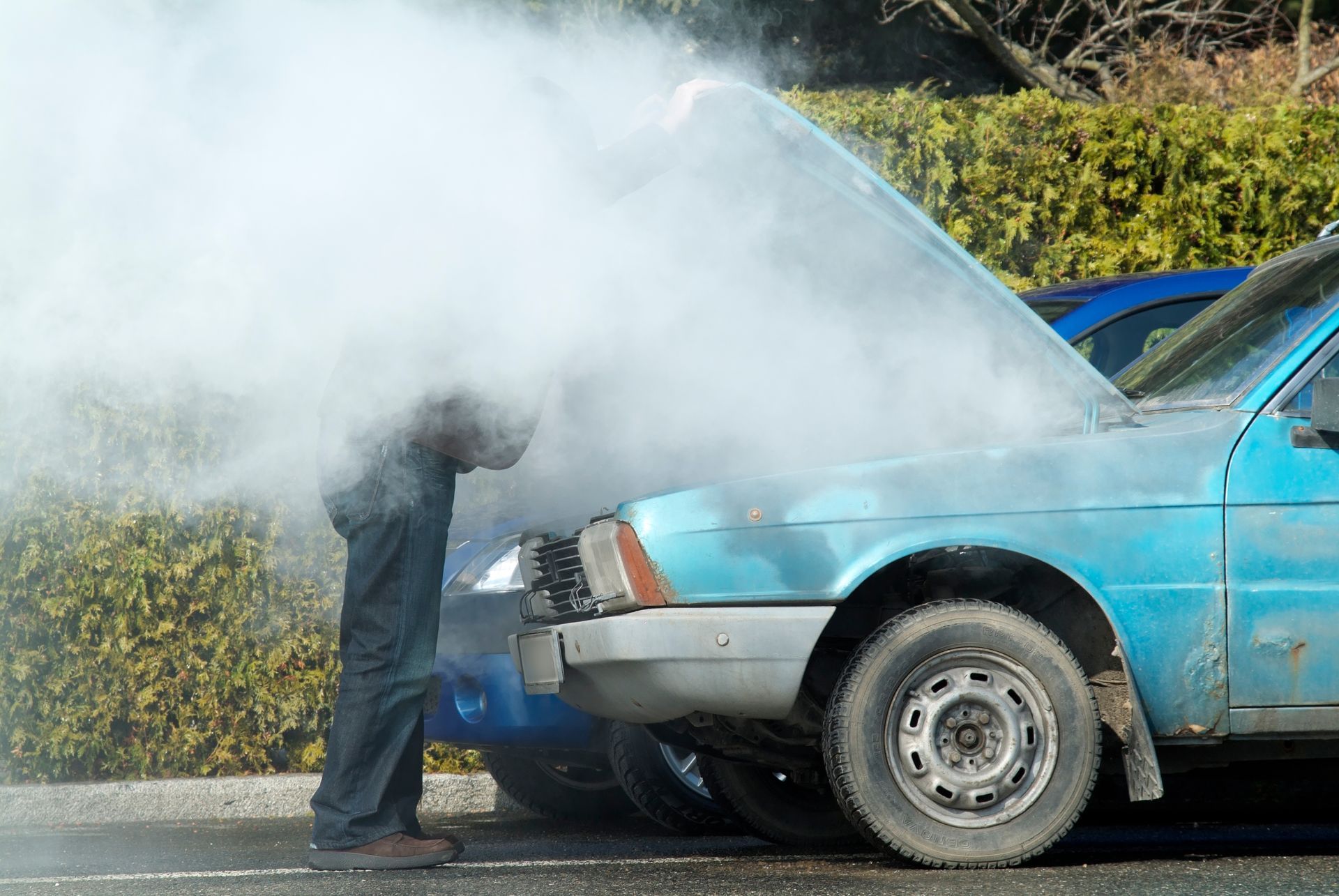
Maintaining proper tire pressure is essential for the safety and performance of your vehicle - incorrect tire pressure can adversely affect your car's handling, fuel efficiency, and tire lifespan.
Do you want to learn more about tire pressure? If so, continue reading to find out how to check your tire pressure, why it's important, and what happens when you neglect it. Let's start with what you need and how to properly measure the pressure:
- Tire pressure gauge
- Portable air compressor
CHECK WHAT THE RECOMMENDED PRESSURE IS
Consult your vehicle's owner's manual or the sticker on the driver's side door frame for the manufacturer's recommended tire pressure specific to your vehicle.
TEST THE CURRENT PRESSURE OF THE TIRE
Park your vehicle on a level surface, remove the valve cap from one tire, and firmly press the tire pressure gauge onto the valve stem. Take note of the reading. Repeat this process for all four tires, including the spare if applicable.
COMPARE THE RESULTS
Compare the measured tire pressure with the recommended pressure. Add air if the pressure is too low or release some air if it is too high. You can use an air compressor or visit a nearby gas station with air pumps to adjust the tire pressure accordingly.
The importance of regular tire maintenance and good pressure should be ignored. That’s why we have outlined a couple of the benefits you get from keeping proper tire inflation.
- Safety: Properly inflated tires provide optimal traction, stability, and handling on the road. Underinflated or overinflated tires can compromise your vehicle's ability to stop, steer, and maneuver, increasing the risk of accidents.
- Fuel Efficiency: Maintaining the recommended tire pressure reduces rolling resistance, allowing the tires to roll more easily. This improves fuel efficiency by reducing the workload on the engine. Underinflated tires increase friction and cause the engine to work harder, leading to higher fuel consumption.
- Tire Longevity: Incorrect tire pressure can result in uneven wear patterns, shortening the lifespan of your tires. Premature wear not only necessitates frequent replacements but also increases the likelihood of tire-related issues, such as blowouts.
WHAT HAPPENS IF YOU NEGLECT TIRE PRESSURE CHECKS
To put in shortly, the things that happen when your tire pressure is low are the opposite of the advantages. Bad tire pressure reduces safety, increases fuel consumption, damages the tires extensively, and makes the engine work harder.
Checking your tire pressure and maintaining proper levels is a simple but critical task for every driver. It increases your driving safety, improves fuel efficiency, and extends the life of your tires. You can enjoy a smoother, safer, and more efficient driving experience by following the steps outlined above and performing regular checks.
And for professional and high-quality tire procedures, look n further than BG Automotive! Our team will be happy to help with anything worrying you!











